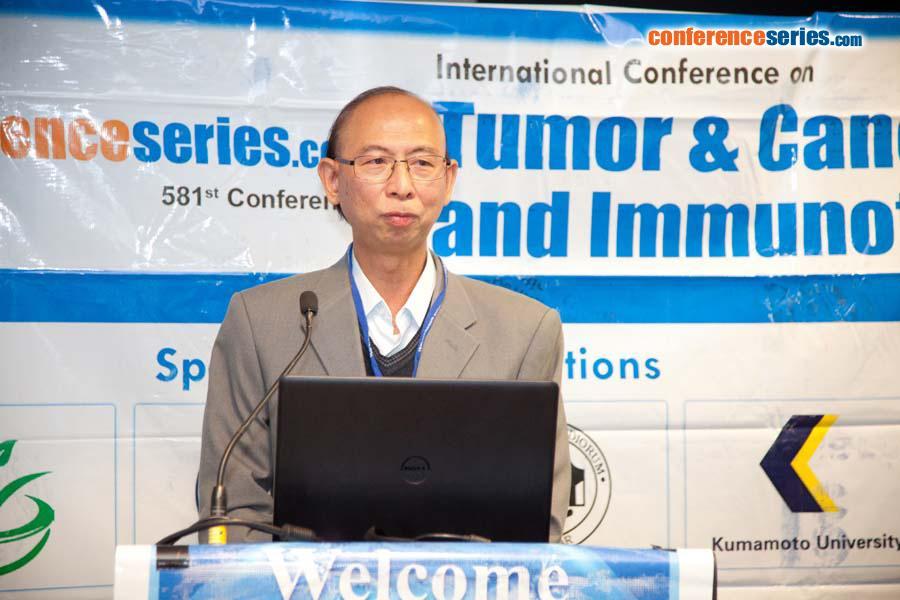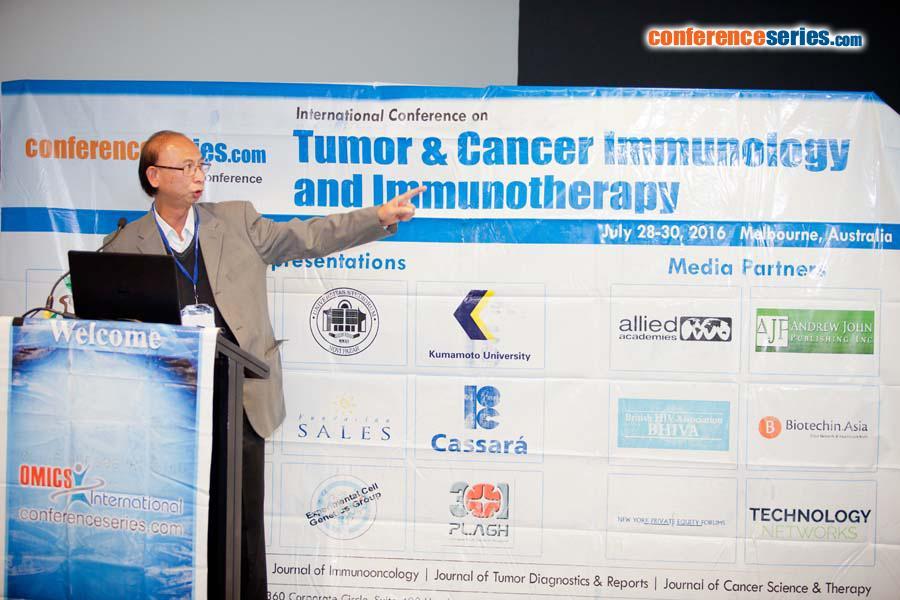
Leung KN
School of Life Sciences, The Chinese University of Hong Kong, China
Title: Immunomodulatory and Anti-tumor Activities of Conjugated Linolenic Acids
Biography
Biography: Leung KN
Abstract
Conjugated linolenic acids (CLN) refer to a group of positional and geometrical conjugated trienoic isomers of linolenic acid (C18:3), which can be isolated from various plant seed oils. Recent studies have shown that CLN isomers possess diverse biological and pharmacological activities, including anti-inflammatory, antioxidative, hypolipidemic, and anti-tumor properties. However, their immunomodulatory activities on macrophages and anti-tumor action mechanisms on human myeloid cells remain poorly understood. In this study, jacaric acid (8Z, 10E, 12Z-octadecatrienoic acid), a CLN isomer that is present in jacaranda seed oil, was found to inhibit the in vitro and in vivo growth of human eosinophilic leukemia EoL-1 cells, while exhibiting no significant cytotoxicity to normal murine cells. Mechanistic studies showed that jacaric acid triggered cell cycle arrest at G0/G1 phase and induced apoptotic events in EoL-1 cells, including DNA fragmentation, phosphatidylserine externalization and mitochondrial membrane depolarization. Moreover, jacaric acid-treated EoL-1 cells also underwent eosinophilic differentiation as determined by morphological and phenotypic criteria. Interestingly, jacaric acid exhibited no significant cytotoxicity on the thioglycollate-induced peritoneal macrophages but stimulated their cytostatic activity towards tumor cells, and increased their endocytic ability and production of nitric oxide and several pro-inflammatory cytokines such as IFN-g, IL-1β and TNF-a in vitro. Collectively, our results indicate that jacaric acid can activate murine macrophages and exerts its direct anti-tumor effects on human myeloid leukemia cells via induction of apoptosis and differentiation of the leukemia cells. Therefore, jacaric acid might be a potential candidate for the treatment of some forms of myeloid leukemia.




